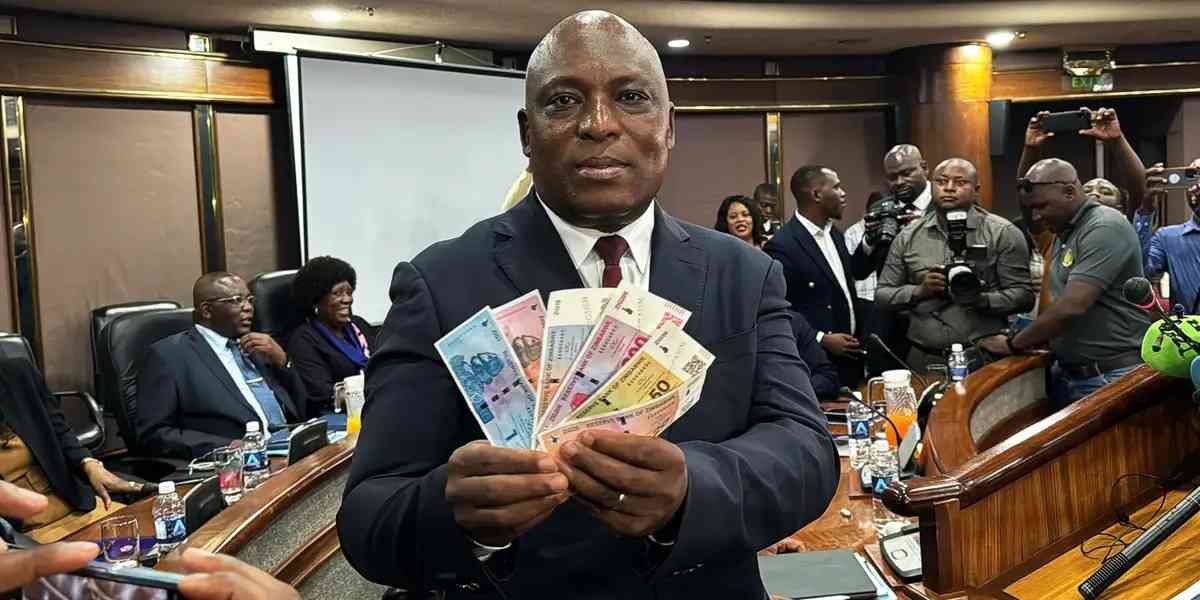
THE Reserve Bank of Zimbabwe has directed fuel operators to declare all cash deposits with the exchange control in order to boost nostro accounts.
BY TATIRA ZWINOIRA
NewsDay has learnt from sources that the directive stems from depleted foreign currency in the country, being driven by empty nostro accounts.
The directive also stipulates that fuel operators could only import if they have the cash to match, which could potentially lead to a ripple effect on different sectors.
Under the directive, fuel operators would now be required to report all fuel and crude oil cash deposit payments from the previous week every Monday.
In a recent directive, RBZ said: “Authorised dealers are hereby advised, with immediate effect, to process fuel payment transactions for cash depositing fuel companies by matching, as an interim measure, the cash deposits with cross border transfers on a ratio of 1:1.”
The idea is that the cash matching the imported fuel is put in the bank, which, in turn, is placed in nostro accounts that are held in foreign markets.
- Chamisa under fire over US$120K donation
- Mavhunga puts DeMbare into Chibuku quarterfinals
- Pension funds bet on Cabora Bassa oilfields
- Councils defy govt fire tender directive
Keep Reading
The fuel is imported on the basis of the cash held in the nostro accounts, without having to actually give away all the cash. Analysts say the measure could lead to fuel supply challenges in an economy with liquidity constraints.
Zuva Petroleum chief executive officer Bethwell Gumbo said the latest directive was a problem as this could affect fuel operators and lead to a wider effect across the manufacturing sector.
“The directive is a national problem. Everyone is affected and even the manufacturer of bread is affected. It is a national issue, which is not specific to fuel operators. The second thing is fuel operators have been given the highest priority on priority list, so we have been getting allocations in terms of buying fuel. It varies, one week it can be very good, while the other, there could be some challenges, so it can be anything,” Gumbo said.
He said fuel operators had been consulting with the Ministry of Energy to update them, adding that his company was well-stocked.
Cracks in the supply of foreign currency were first shown in last week’s mid-term fiscal review when Finance minister Patrick Chinamasa said there was a 9% decline in exports for the half year to $1,12 billion.
Exports remain the country’s top source of liquidity, contributing over 60% to the gross domestic product’s cash flows.
Fuel accounts for 23% of the nation’s import bill, equalling an average of $100 million worth of fuel imports a month.
Zimbabwe consumes about four million litres of fuel a day, with government making an estimated $2,18m in taxes and levies per day.












